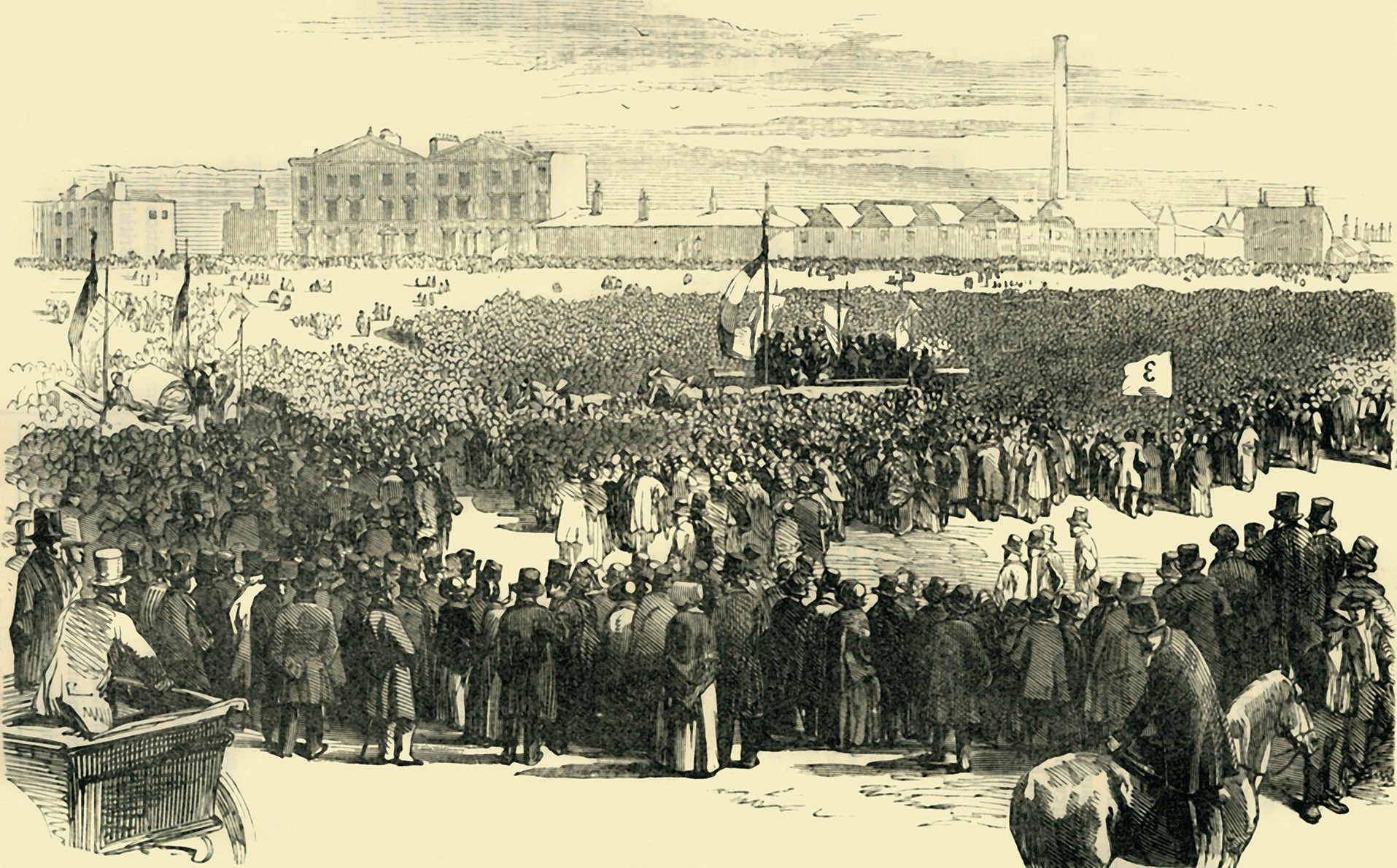
Chartism was a working-class movement which was most active in campaigning for political reform, including further extension of the franchise, between 1838 and 1848. The principal methods used by the protestors were mass meetings and the presentation of petitions, signed by millions, to Parliament.
By demonstrating widespread peaceful support for their objectives, the Chartists hoped to persuade the government to extend the franchise further to include working-class men. The famous six points of the Charter were: a vote for all men (over 21), a secret ballot, no property qualification to become an MP, payment for MPs, electoral districts of equal size and annual elections for Parliament. All but the last point have been adopted since, but the Chartists were unsuccessful at the time of their campaigning.
Your organisation does not have access to this article.
Sign up today to give your students the edge they need to achieve their best grades with subject expertise
Subscribe




